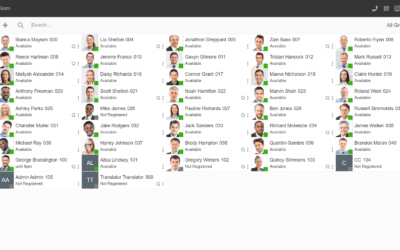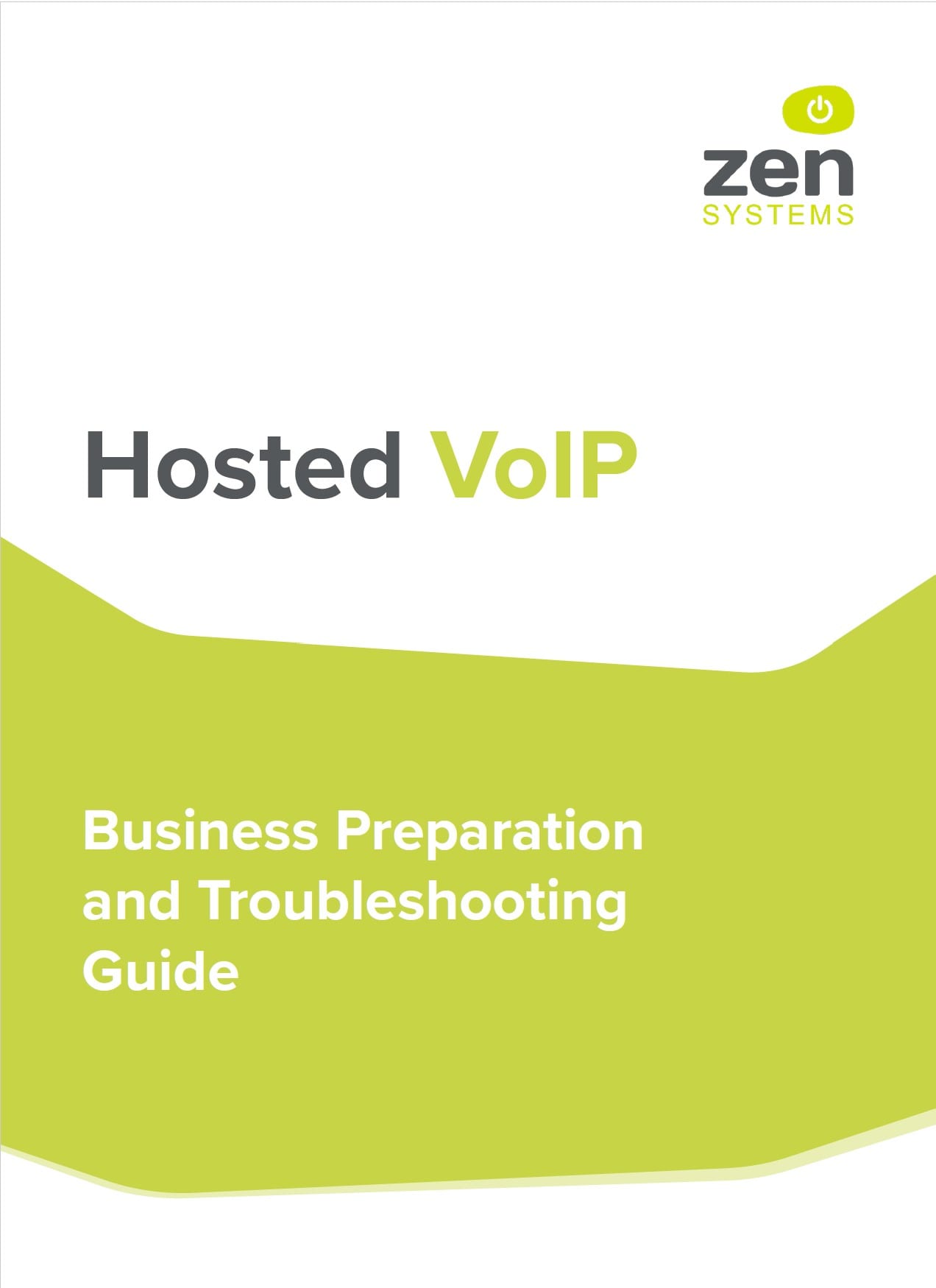A fibre leased line provides a premium internet connection to your business. However, as leased line costs continue to fall, an increasing number of businesses (including SMEs) are now embracing leased lines as an essential part of their day-to-day operations.
So, what is a leased line? It’s simply a fixed-bandwidth, symmetric and dedicated data connection to the internet or provides a link between two of your offices.
A leased line will help you when you’re working with large files or high volume cloud backups, connecting to remote offices or data centres, and to boost your connectivity speeds.
If you already have a reliable internet connection over a traditional connection such as ADSL or FTTC, you may wonder why you should consider implementing a leased line. However, as your business grows, with increasing demands on bandwidth and greater reliance on cloud-based services, it’s important that your connectivity method keeps up with your increasing demands and protects your business with up-time and service-level guarantees.
But before you approach your boss with a leased line proposal, you need to understand its core benefits, including:
1. Guaranteed service levels and unlimited bandwidth
Thanks to the dedicated nature of a leased line, your bandwidth usage is unlimited and is reserved solely for your business use. Consequently, and unlike contended consumer internet connections, your available bandwidth does not fall at peak times when other users on the same ISP try to concurrently use the connection.
You can also ensure greater reliability and service levels with fibre-optic leased lines than for copper-wire services like ADSL or FTTC . If, for example, you plan to replace your traditional phone system with a VoIP implementation, then this could have an adverse effect on your call quality and substantially increase your bandwidth demands unless you rely on a dedicated leased line connection.
2. Better upload and download speeds
With a fibre optic leased line, the download speeds are incredible – ranging from 100 Mbps to 10 Gbps. An increasing number of small-and-medium-sized businesses are also opting for 1 Gbps speeds as prices drop.
Because you’re getting a symmetric connection for your business, you will not only increase your download speeds but you’ll also benefit from faster upload speeds.
This is important if you want to use online backups, let your staff connect to their work computers from home using an RDP (Remote Desktop Protocol) connection or transfer files via an FTP connection.
A knock-on effect is that your business productivity will increase as your staff can access and seamlessly download and upload your corporate information, without a sluggish internet connection to slow you down.
3. Improved network security
Leased lines that connect directly to your data centre or between your offices are sometimes known as peer-to-peer connections. They don’t connect to the general internet and, as such,are a lot more secure compared to traditional connections.
Direct Internet Access (DIA) connections are another form of leased line that connect directly to the internet. They need to be protected by your provider’s network as well as by your own on-premises firewall.
It’s important to work with a leased line provider with a secure enterprise-grade network and one that demonstrates an understanding of your business. Try to find a provider that understands your business requirements and what you really need, rather than just selling you the fastest service available.
For example, you should always encrypt sensitive corporate data sent over the internet using a VPN. We also advise including a lower-cost connection like FTTC as part of your service so you always have a backup for critical services like VoIP.
4. Better support and monitoring from leased line providers
Leased line providers offer better support to customers thanks to the dedicated nature of this technology. For example, at Zen Systems we offer a fully managed service, including a managed router on site, or a wires-only service using your own equipment.
You should also make sure you work with leased line providers that provide you with a Service Level Agreement (SLA). Traditional broadband products like ADSL or FTTC do not have SLAs and their lines could be down for hours, days or weeks. A leased line will typically have a four to six hour SLA, with rebates if this criteria is not met.
Leased line providers will also allow you to monitor what applications are using your internet bandwidth. You can get reports on monthly usage stats and prioritise critical services like VoIP in a proactive manner as a result.
5. Access to a better range of technical services through the cloud
Cloud computing is an established tool for corporate apps, data storage, Customer Relationship Management (CRM) tools and other crucial business functions. Your bandwidth and speed capabilities are vital here and a leased line connection provides faster access to the information and applications you store in the cloud.
As a result, your organisation will be able to access your cloud-hosted information with fewer delays.
What about leased line costs?
Each company’s requirements are unique, so there is no one-price-fits-all when it comes to leased line costs. This is why thorough research is important before you approach your boss with a leased line proposal.
When you start your research, you should speak directly to your managed service provider to assess how they can address your needs, and ask how they can solve any issues you might be having with your current connectivity.
Once you have this information, you can start thinking about how much you want (or need) to invest in a leased line.
Keep in mind that the type of connection you select should be based on the services you need now, as well as in the future.
A three-year leased line contract is usually the sweet spot, as any installation fees are often waived, whereas one-year term installation fees can be quite high. We don’t recommend five-year terms, even if the costs are particularly appealing at the time; prices will drop over this term and you don’t want to be locked into what will likely be a high price for years to come…
What’s the ‘bearer’ all about?
Your leased line ‘bearer’ is effectively the maximum speed the fibre cable installed at your business premises can physically achieve.
For example, if you order a leased line on a 100 Mbps fibre bearer that’s the maximum bandwidth you will be able to achieve without upgrading. So, you could start with a 50 Mbps service on a 100 Mbps bearer (often written 50/100 on supplier quotes) and upgrade to 100 Mbps during your term for a small one-off fee.
However, if you think you might need more than 100 Mbps during your contract, we recommend opting for a 1 Gbps bearer from the outset as this will give you much more flexibility to upgrade your bandwidth later on.
Cost Considerations
Make sure you investigate any schemes that may help reduce your leased line costs. For example, the UK Government recently launched a voucher scheme to further bring down the cost of gigabit fibre adoption to businesses. Zen Systems is a registered supplier for this voucher scheme.
You could also offset the cost of your ISDN telephone lines (that are being discontinued in 2025) with a combined leased line and VoIP solution. In some situations, this will save you money whilst providing your business with a much faster, more secure broadband service and a more powerful/flexible phone platform by effectively converging your IP services.
We strongly recommend purchasing your hosted VoIP services or SIP trunks from the same supplier as your leased line, as this will ensure your voice traffic is protected and prioritised across their network.
Shortlisting leased line providers
Once you’re clear on your requirements, you need to start shortlisting leased line providers.
To start with, research and find company reviews, ring up your proposed leased line providers and analyse their ability to provide you with a clear explanation of your leased line options.
When assessing leased line providers, here are some questions you can ask to tell if you have found a reliable company to work with:
- Do they understand your business requirements now and in the future?
- Will they proactively contact you about outages and network upgrades?
- Do they include any backup connections as part of the service?
- Do they offer converged IP services for hosted VoIP services or SIP trunks?
- How secure is their network?
- Do they work with multiple carriers?
- Are they up-front about how long it will take to deliver your service?
- Do they charge extra for additional Public IP addresses?
- How will they proactively anticipate any changes in your future business needs?
In conclusion
Today’s business world is nearly all digital and, in order to keep up, your company needs the most reliable connection possible to make sure you can accomplish all of your business tasks and objectives without any technical disruptions.
Leased lines will help you achieve your connectivity needs. If you’d like to find out more about leased lines or the Gigabit Voucher Scheme, please click here.






0 Comments